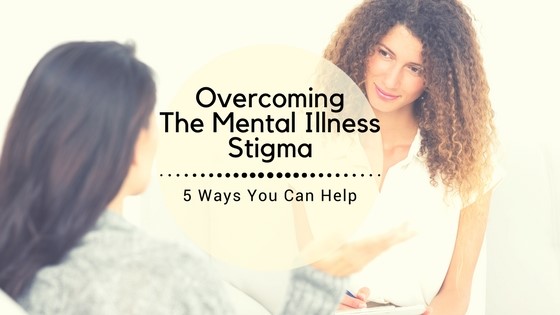5 Lessons I Learned From My Dog

5 Lessons I Learned From My Dog My dog is awesome-sauce! But in addition to being man's, or in my case, woman's best friend, he is an incredible teacher of some pretty valuable life lessons. From Baxter, I have learned: 1. Communicate your needs. Make requests of others. When Baxter wants a walk, he growls at the front door. When he wants a treat, he stares at the treat jar and licks his lips (yes, I googled it. Dogs have lips...well, lip-like structures). When he wants to be petted, he nudges me with his cold, wet nose. Yet we "sophisticated" human beings stink at asking for what we want. Instead we expect others to know what we want. I, as a therapist, see this communication style in couples therapy. "He should know I want flowers for our anniversary." "By now, she should know that I don't like to drive long distances. I want her to drive." Ultimately those sessions end with someone frustratedly saying, "How would I know that? You never...





